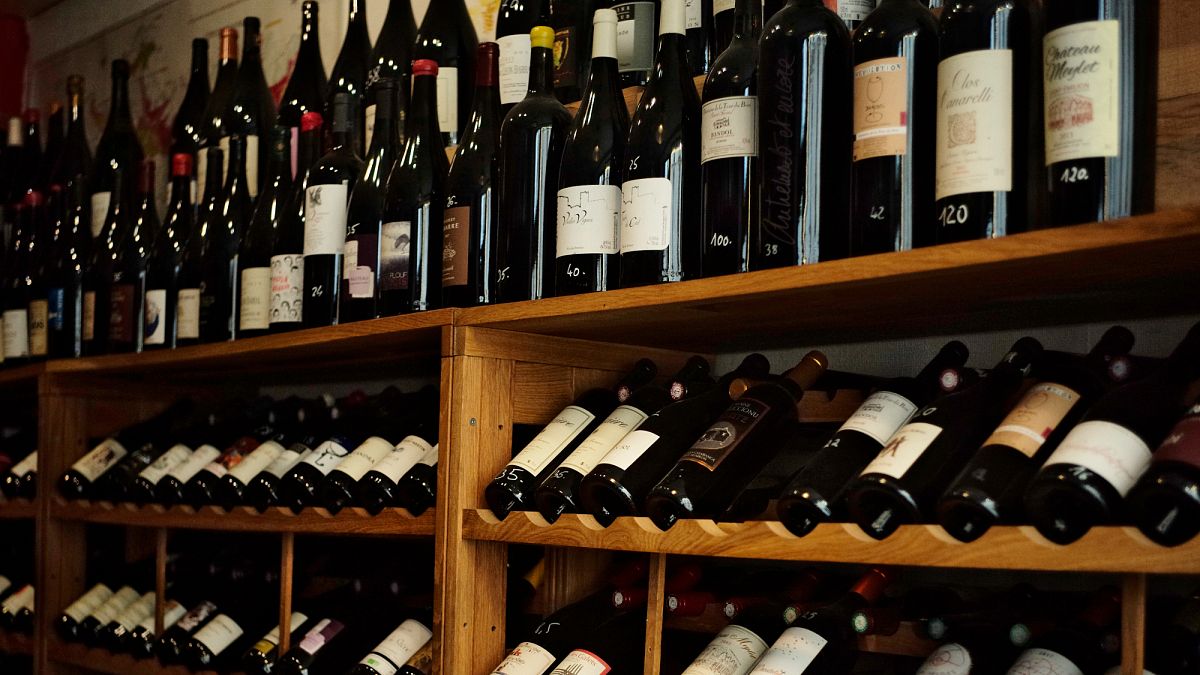The EU executive has touted the new asymmetric tariff agreement with the Donald Trump administration, announced on Sunday, as a step toward predictability.
Yet, less than a day before the US is expected to implement a new tariff ceiling of 15% on EU industrial goods, crucial details for several sectors, including wine and spirits, remain unresolved.
Industry stakeholders are still holding out hope for exemptions, but no official list has been released. A Commission spokesperson admitted on Thursday that wine and spirits are likely to be subject to the tariffs.
“It is not our expectation that wine and spirits will be included in the first group of exemptions announced by the US tomorrow,” the spokesperson said.
“We’re still negotiating,” they added, noting that both sides are working to finalise a joint statement based on the agreement reached between Commission President Ursula von der Leyen and US President Donald Trump.
Securing an exemption for the wine and spirits industry remains a top priority for the EU negotiating team in Brussels. This industry is seen as strategic—especially for France, which, along with Italy, Spain, and Ireland, is actively lobbying for these products to be spared.
“We are continuing to negotiate with the Americans so that, if possible, spirits, perhaps wine, and other sectors can be exempted. It’s a work in progress,” said French Economy Minister Éric Lombard in a radio interview on Wednesday.
The US and China are the top export markets for European wine and spirits. In France alone, the industry supports nearly 550,000 jobs across its value chain. Chinese tariffs are already impacting the sector, and new US duties would be a further blow.
Both EU and US trade officials, along with major industry associations such as the Distilled Spirits Council and the Comité Européen des Entreprises Vins, have advocated for a “zero-for-zero” tariff arrangement on wine and spirits.
However, the EU’s negotiating position has weakened, and Brussels no longer has effective leverage over these products.
The past ability to threaten retaliatory tariffs on iconic American exports like bourbon or Californian wine often kept EU wine and spirits off the US target list.
That option disappeared with the latest agreement reached in Scotland, leaving the EU less inclined to jeopardise the broader deal over a single sector.
Adding to the uncertainty, the Commission spokesperson declined to confirm whether tariffs would be imposed as early as Friday, saying only that they had a “clear understanding” the US intends to proceed via executive order, possibly overnight.

